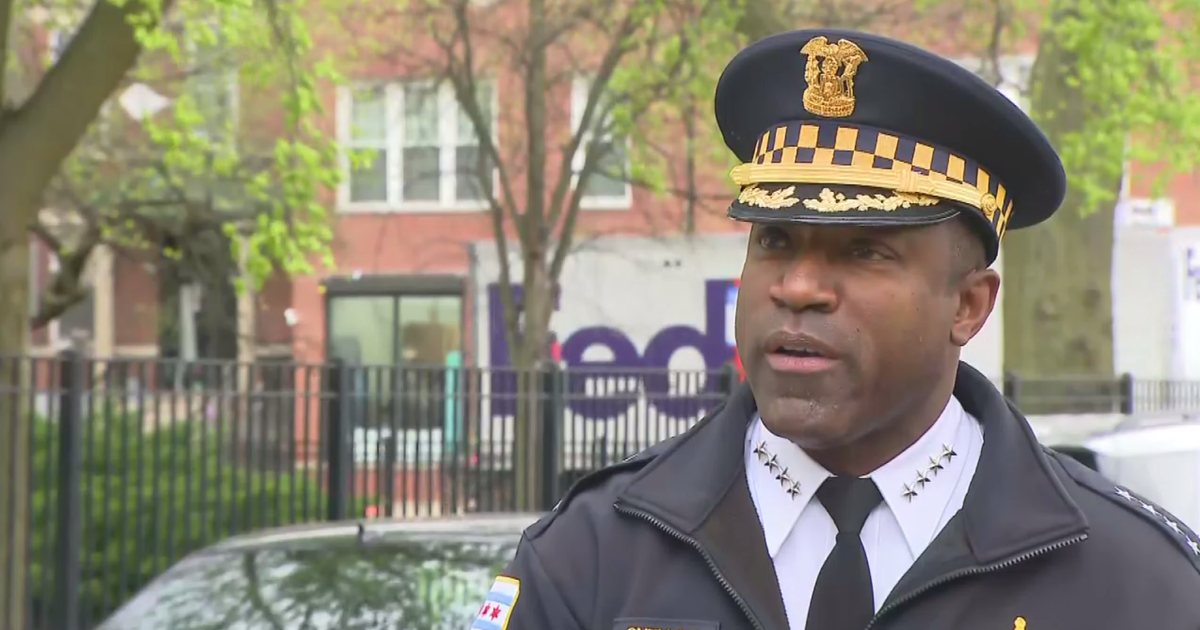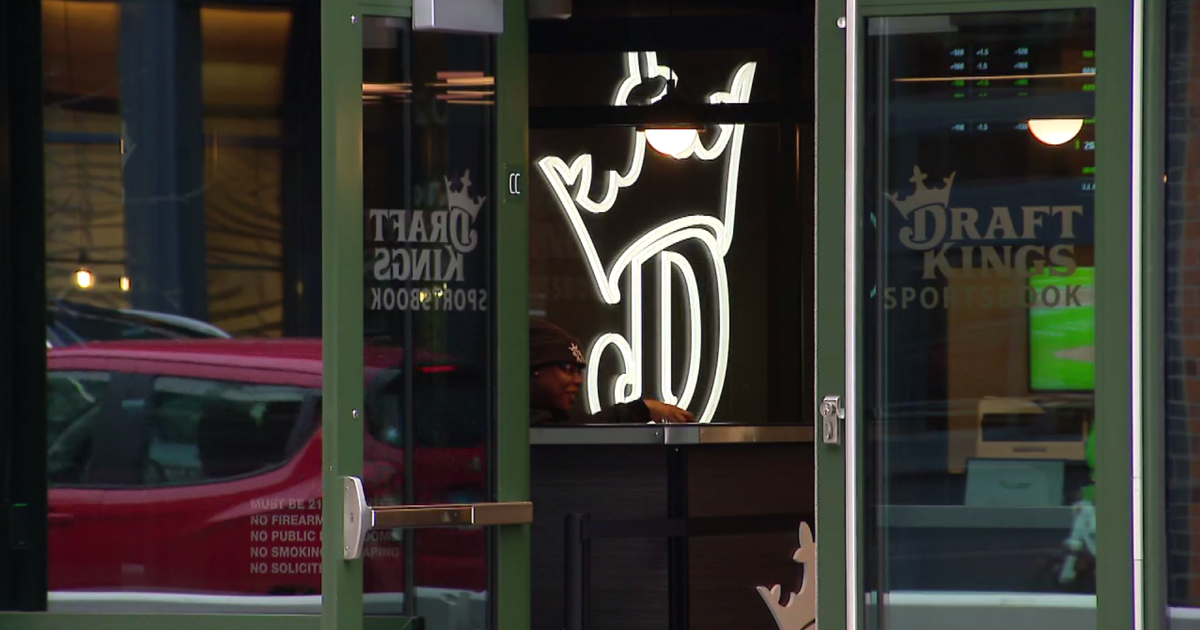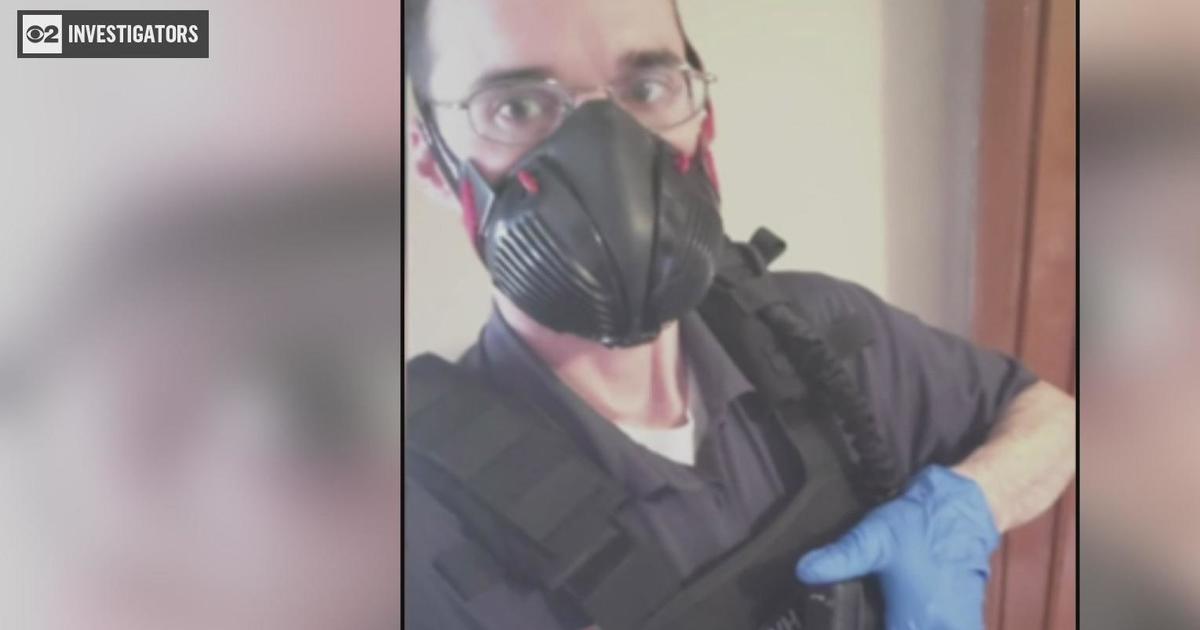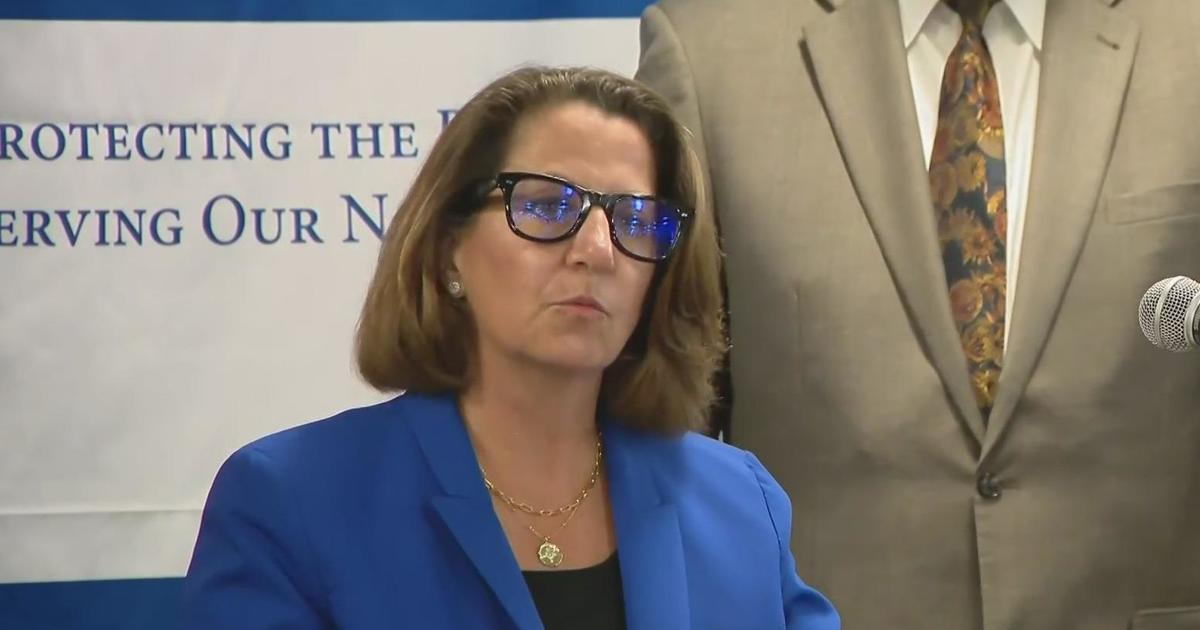Uncle Sam Wants You To Pay Him Back
CHICAGO (CBS) -- The government wants its money. And if you've ever received federally subsidized benefits it's possible you were overpaid.
As CBS 2 Investigator Pam Zekman reports, most are not fond of the idea of giving back.
A change in the law is now allowing the federal government to collect even if the overpayment happened decades ago. And if you don't pay up, it could come out of your tax refund check or other future benefits.
That's what Jane Nye was afraid of after she was notified by the Illinois Department of Human Services that she owed $72 in duplicate food stamp benefits she received back in 1982.
"It's just insanity to me, insanity," Nye said, so she demanded copies of the government records that supported the claim.
They showed that the state recouped the duplicate payment the next month.
So what does she think about the agency sending out collection letters without checking their own records?
"I think it's horrible," Nye said.
We asked Jennifer Hrycyna, an Associate Director at the Illinois Department of Human Services about Nye's case.
"Mistakes occur unfortunately," Hrycyna said. "We do our best to make sure our systems are set up in a way to avoid improper notices being sent and make sure that all our information is accurate. But as in any system we are talking a large volume of people, a large volume of money and there are errors."
Under the program to crackdown on overpayments DHS has referred 52,000 cases in Illinois to the U.S. Treasury Office to collect more than $39 million in food stamp overpayments.
But that's just the tip of a huge overpayment problem involving federally subsidized programs. A 2008 report by the General Accounting Office estimates that 22 agencies overpaid $72 billion dollars-- money the feds are now aggressively trying to collect.
Before they can take money from your tax refund check or other benefits, the state has to notify you about the overpayment.
You can ask to see records to support their claim and for a case review. But if you can't prove you don't owe the money you have to pay it.
Jerry LeBeau tried to get his bank records to prove he did not owe a 1986 food stamp overpayment but, he said, "They could only go back ten years."
So he paid the $94 but he's mad about it.
"I mean come on. You're collecting from 24 years ago its ridiculous."
And impossible for 69 year old Maria Cobos to deal with. She's now a Parkinson's patient living in a nursing home. The state says she was overpaid $2,175 in food stamp benefits and public aid—
26 years ago.
"Do you think you owe it?" Zekman asked.
No I don't think so," Cobos responded.
Now $143 a month is being deducted from her social security checks that pay for her nursing home care.
"That's my only source of income so I am upset of course."
"We are very sensitive to the hardship that this is causing," said Hrycyna, "and the challenges of going back to an overpayment many years go. Memory is very limited."
"But unfortunately," she said "they are on our books and we are obligated to pursue these overpayments."
State officials were unaware that some beneficiaries may be eligible for a financial hardship waiver. They are now looking into it.
Now overpaid unemployment benefits are about to be grist for this federal crackdown.
And it doesn't matter if the errors were caused by a beneficiary or the government, you still have to pay.



